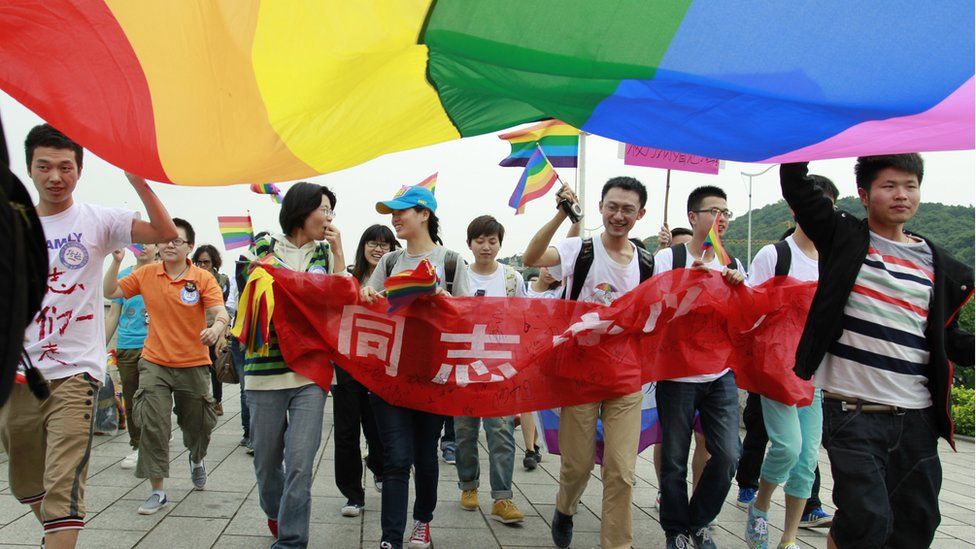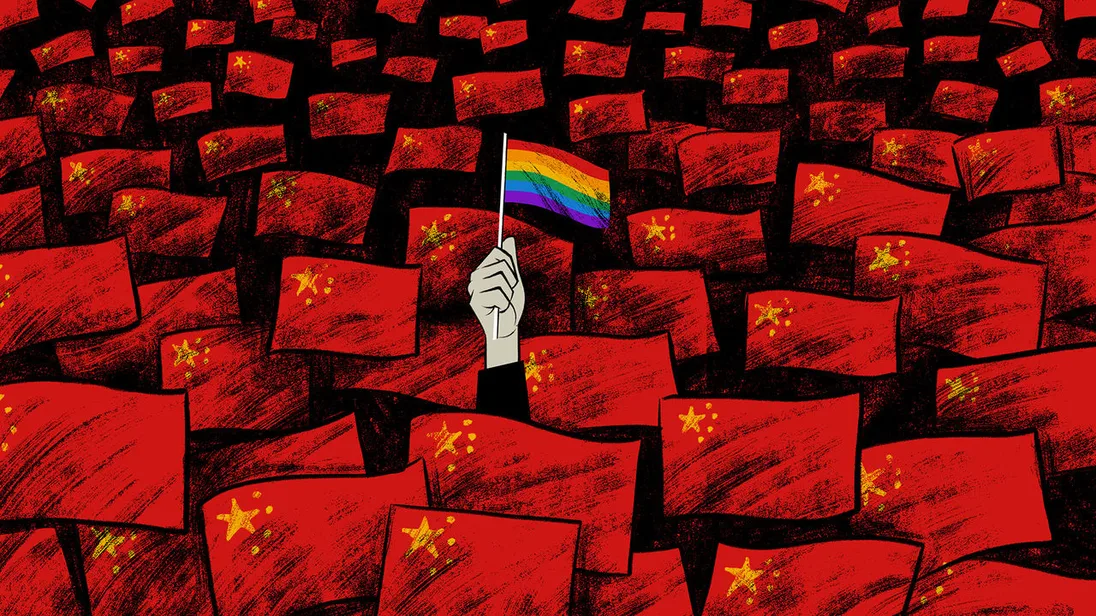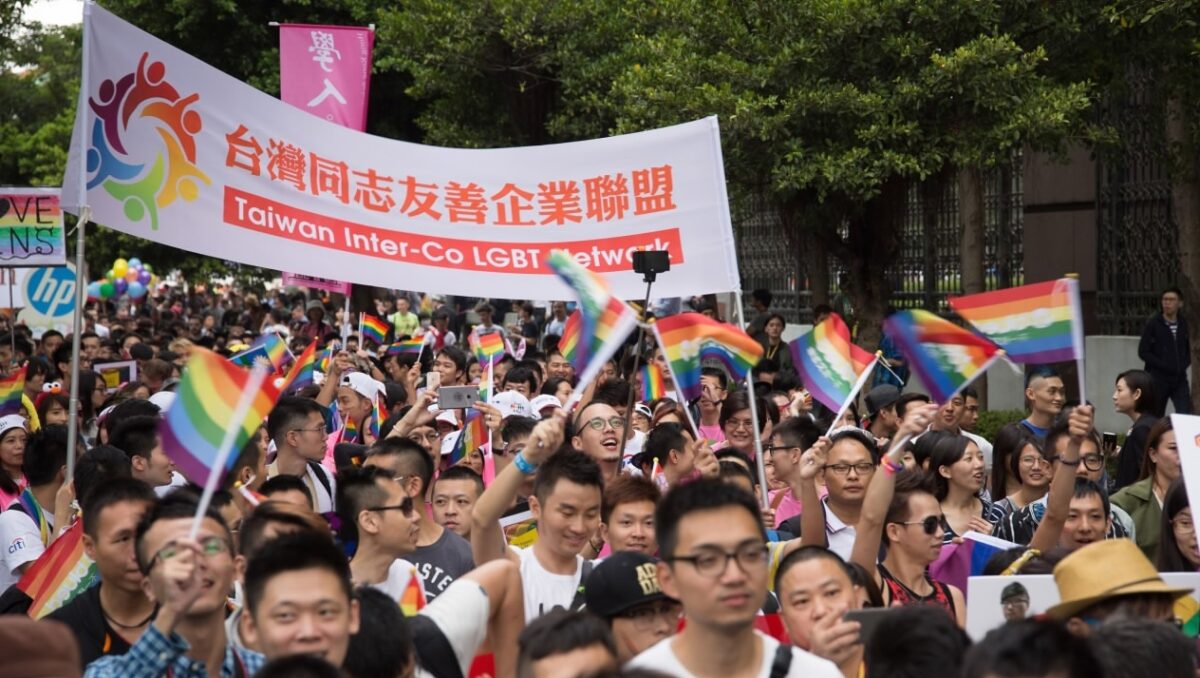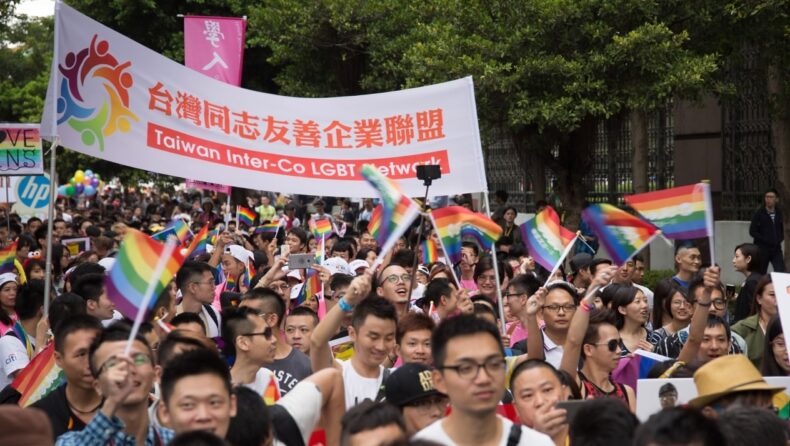Since 2021, the biggest Pride event in this country has been suspended. No reason was given for this move by the organizer, Shanghai Pride, which said in its announcement that it had canceled all upcoming activities and taken a break from planning future events.
In ShanghaiPride, dance parties, community runs and screenings of films were organized instead of parades because people in China often face disciplinary action when they participate in political protests.
Only a few low-key events, including “voguing balls,” where dancers mimic model postures, are now offered for the LGBT community.
And ShanghaiPride isn’t the first significant LGBT organization to suspend activities.

Student-run LGBTQ accounts erased
More than a dozen student LGBTQ groups’ official accounts were abruptly and permanently blocked by WeChat, a famous social media platform in China, a week ago. This sparked fresh discussion about the already perilous community in that nation.
The suspensions affected many student-run organizations, including those at esteemed academic institutions like Tsinghua and Peking universities. The aims of the organizations were stated in their succinct introductions as “advancing sexual minorities’ rights and gender equality.”
As of today, these accounts will have the tag unidentified official account with one message that shows below,” “all content has been deleted because it violated Internet Official Account Information Service Management Regulations.” There are no more posts on the platforms published before, particularly relating to women’s issues and gay rights.
There’s an exhibition planned in New York this week, where you can see artwork to mark the deletion of WeChat accounts. In order to draw attention to censorship, the organizers encouraged participants to bring their own poems, graffiti, and rainbow flags.
Changing tides
A market research company with a focus on China, Daxue Consulting, projects that 75 million individuals in China, or 5% of the country’s population, identified as LGBT in 2019.
LGBT organizations have advocated for a number of causes, including same-sex marriage, which is still illegal in the nation.

In 1997, China decriminalized homosexuality, and in 2001 the Chinese Society of Psychiatry ceased to define it as a mental disease.
The National People’s Congress, China’s highest legislative body, admitted that one of the most popular proposals from citizens in 2019 was the legalization of same-sex marriage.
However, there is now less room for LGBTQ campaigning due to the recent crackdown on civil rights movements and online criticism.
A warning from China’s education government in 2021 that said young Chinese males had grown excessively “feminine” sparked controversy.
The ministry urged schools to completely revamp their physical education programs and step up teacher hiring.
It suggested enlisting former athletes and persons with athletic backgrounds and “vigorously developing” certain sports like football to “cultivate students’ masculinity.”
Later that year, China’s broadcasting authority announced that “effeminate” aesthetics in entertainment programming would be prohibited and that “vulgar influencers” need to be avoided.

In addition, the National Radio and Television Administration vowed to support what it deemed to be more macho portrayals of males and criticized male celebrities who overdid it on their makeup. These changes occur even when certain LGBT people have gained notoriety.
In one of the most closely regulated nations in the world, it is unclear what lies ahead for the group’s fight for civil freedoms. According to ILGA, despite the “bleak scenario,” there are still “opportunities,” notably in areas of violence and discrimination against the LGBT community and in the advocacy of legal rights.
The largest LGBTQ community in the world is one where people still have hope.













